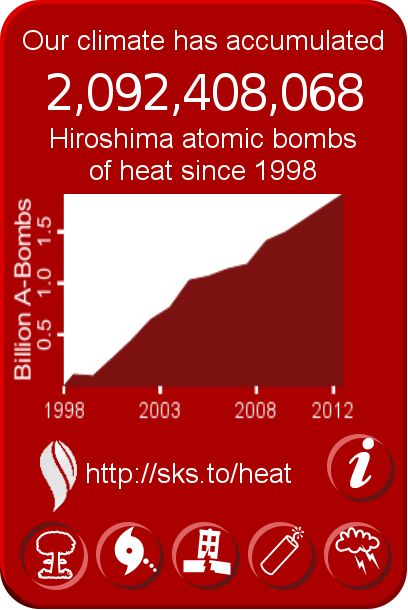The statistics regarding the production and subsequent consumption of food on our planet are staggering. With climate change affecting ecosystems the world over, including already-stressed regions, food security is a problem that is not going to go away anytime soon. On Wednesday, an independent commission of scientific leaders taken from 13 countries released a number of recommendations to policy makers on how to achieve food security in the face of climate change.
According to the Commission on Sustainable Agriculture and Climate Change, there are nearly one billion undernourished on our planet, and millions who suffer from chronic disease due to excess food consumption.
The demand for food continues to grow as populations continue to grow, and food prices grow with them. But despite all of this, approximately one-third of food produced for humans is lost or wasted.
On top of this, climate change threatens more and more droughts, flooding, and outbreaks of pests at the same time as we clear 12 million hectares of agricultural land through land degradation and deforestation.
The Commission outlined seven recommendations that are designed to be implemented by a combination of governments, international institutions, investors, agricultural producers, consumers, food companies, and researchers. Those 7 recommendations are:
Integrate food security and sustainable agriculture into global and national policies
Significantly raise the level of global investment in sustainable agriculture and food systems in the next decade
Sustainably intensify agricultural production while reducing GhG emissions and other negative environmental impacts of agriculture
Develop specific programmes and policies to assist populations and sectors that are most vulnerable to climate changes and food insecurity
Reshape food access and consumption patterns to ensure basic nutritional needs are met and to foster healthy and sustainable eating patterns worldwide
Reduce loss and waste in food systems, targeting infrastructure, farming practices, processing, distribution and household habits
Create comprehensive, shared, integrated information systems that encompass human and ecological dimensions.
The full report, Achieving food security in the face of climate change, is available in PDF format
cleantechnica










